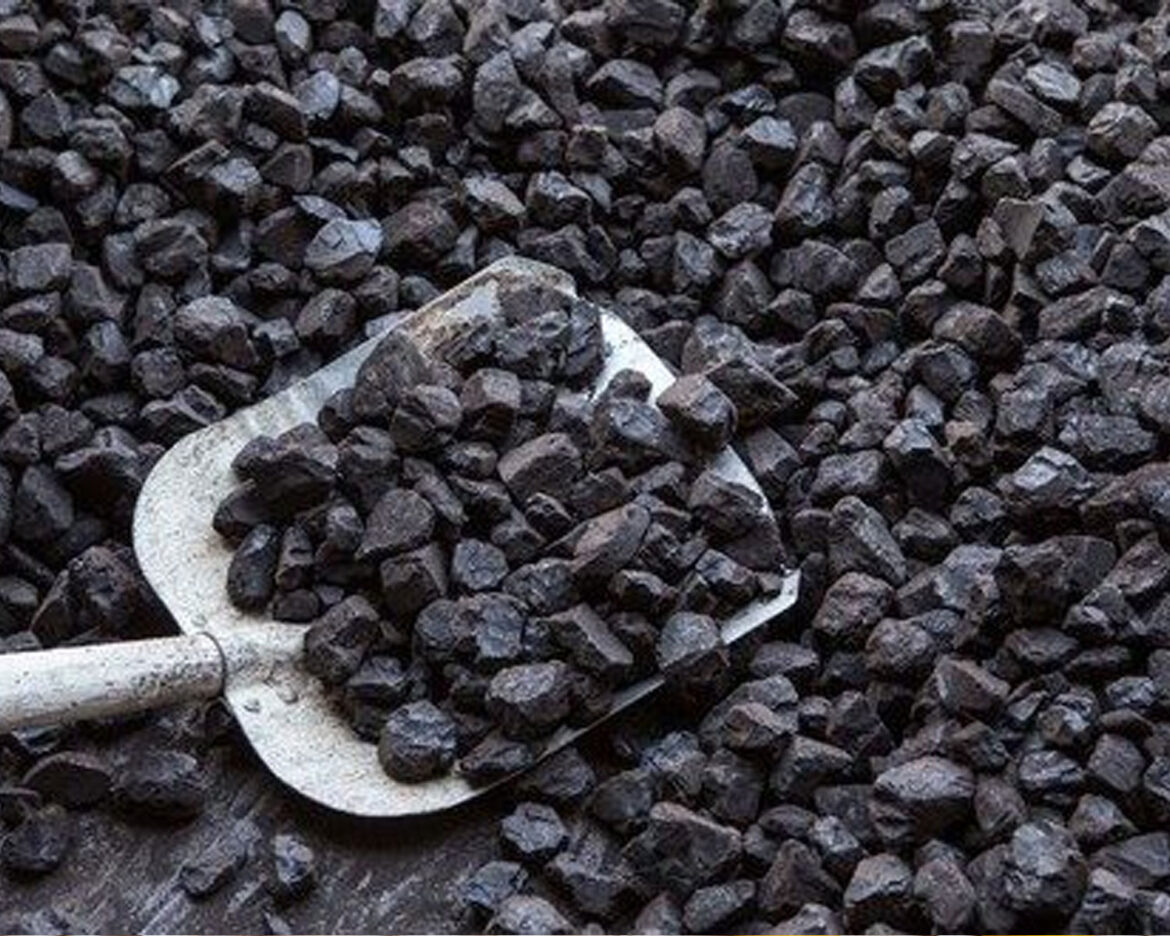Article:
KHYBER: The import of coal from Afghanistan through the Torkham border has seen a significant reduction following the Afghan Taliban’s decision to raise taxes on coal mines and impose higher export duties. Pakistani industrialists have responded by shifting towards domestically sourced coal, which is comparatively more affordable.
Custom clearing agents operating at Torkham informed Dawn that the import of various goods from Afghanistan through the Kharlachi border crossing in Kurram tribal district has been halted for several months due to ongoing security challenges. Consequently, local coal importers are grappling with the financial strain of additional tariffs and taxes imposed since the Taliban assumed power in Kabul.
Before the tax hike, Torkham would witness over 4,000 vehicles laden with Afghan coal monthly. However, this number has dwindled to between 1,200 to 1,300 vehicles per month as a result of the new fiscal policies.
Jamshed Khan, a clearing agent, shared that after trading at Kharlachi ceased due to security concerns, Torkham became the primary entry point for coal imports. He noted a significant shift among Pakistani factories towards using coal sourced locally from regions such as Darra Adamkhel, Kohat, Hangu, and Quetta, where prices are more competitive.
“Most of the coal importers, numbering between 80 to 90, are based in Punjab and own large industrial units,” Khan remarked, underscoring the impact on local economies and employment.
The Afghan cement industry’s increasing reliance on Iran, India, and Central Asian states has further undermined coal imports from Afghanistan. This shift, combined with reduced demand from Afghanistan’s local cement sector, has contributed to the decline in coal imports.
Custom clearing agents, who facilitate coal imports, have been severely affected, with hundreds losing their jobs in Kharlachi and facing financial difficulties in Torkham due to increased operational costs. Bilal Shinwari, another clearing agent, highlighted that costs for processing and transporting one ton of coal have surged from Rs35,000-38,000 before the Taliban’s rise to nearly Rs50,000 presently.
In a related effort, the Anti-Narcotics Force (ANF) and Haq Ki Awaz, with support from local police, have initiated a drug rehabilitation campaign in the region. Aimed at combating drug addiction and supporting recovery, the campaign recently admitted three addicts from Bara and Jamrud to rehabilitation centers.
The campaign not only targets the eradication of drugs and dealers but also emphasizes the vital role of rehabilitation in reintegrating addicts into society, alleviating family stress, and fostering community progress.



